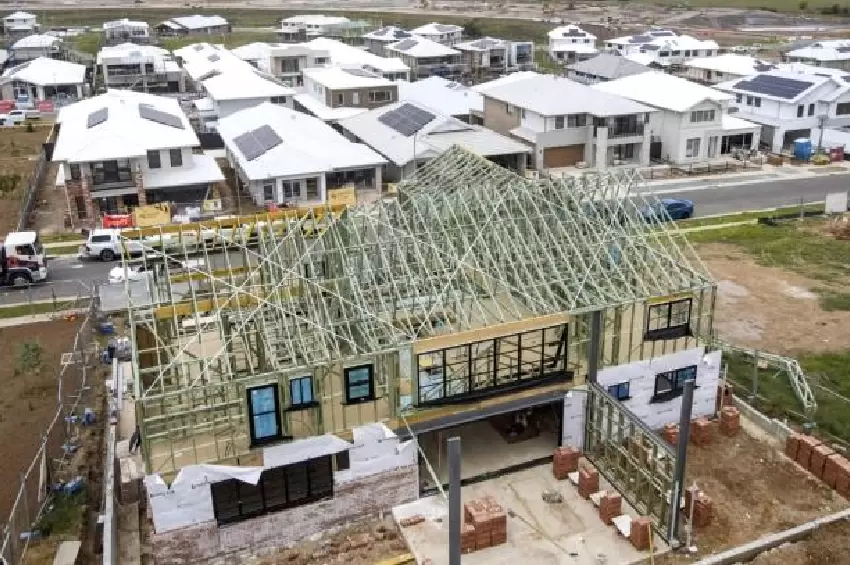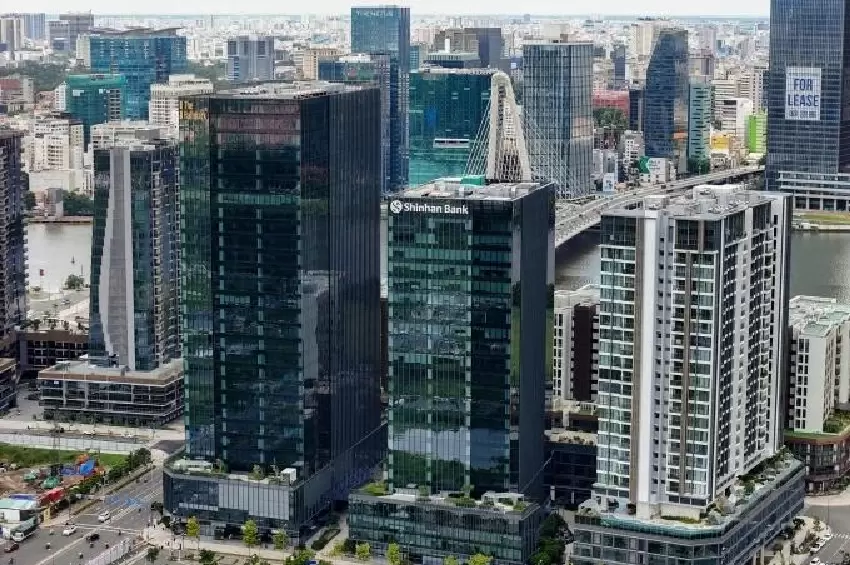Thailand's Property Sector Set to Thrive Under Trump's China+1 Policy
Thailand's property sector is poised to benefit significantly from US President-elect Donald Trump's China+1 policy, according to property consultant JLL Thailand. This policy is expected to drive foreign firms to shift their manufacturing bases to ASEAN countries like Thailand, thereby boosting land sales in the industrial sector.

Michael Glancy, JLL's managing director for Thailand and Indonesia, highlighted that the policy, coupled with growing geopolitical tensions, will direct foreign manufacturers to high-potential destinations such as Thailand's Eastern Economic Corridor (EEC).
Anawin Chiamprasert, head of research & consulting at JLL, added that Trump's policy will make Thailand more attractive to investors looking to establish warehouses and data centers in the ASEAN region to serve emerging markets. Demand for data center services is set to grow further, positioning Thailand as a potential digital hub, bolstered by government policies such as the Cloud First Policy and long-term investment incentives from the Board of Investment.
Challenges and Opportunities in the Thai Property Market
Despite facing challenges such as a stagnating economy, rising household debts, and high rejection rates of housing loans, Anawin believes there will be another cut in the policy rate in early 2025, thereby relieving some pressure. However, purchasing power will not immediately recover.
This trend is expected to change the demand in real estate next year, especially in the residential property sector, prompting customers to switch from buying to renting to avoid the hassle of applying for loans. Anawin expects up to 40% growth in the rental condominium market in inner Bangkok next year.
Another factor that will further boost the condo market is foreigners looking to buy a second home in Thailand, especially now that they can buy up to 49% of the available units. Popular locations for this segment include Bangkok, Phuket, and Pattaya.









Comments